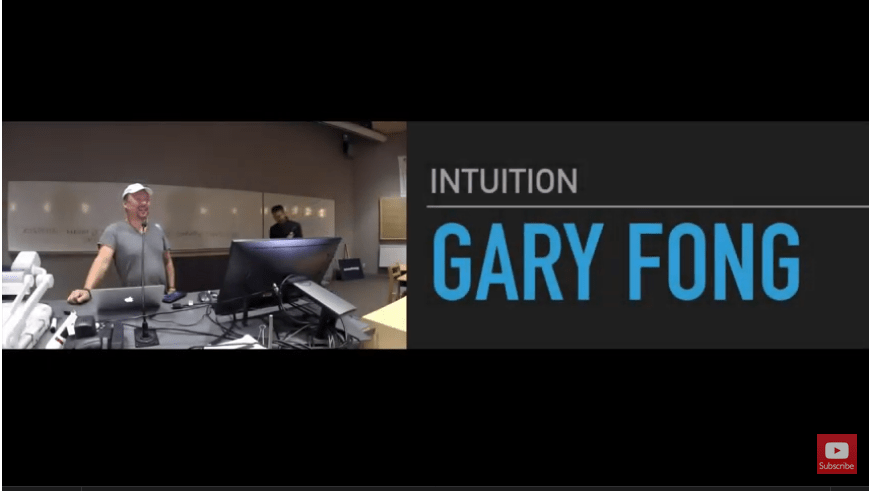
How To Meditate - Gary Fong Lecture to UBCO Engineering School
Share
I really enjoy lecturing in Universities. After my lecture last year to UBCO engineering students, I got a followup email from one of the attendees seeking advice on how to meditate.
Hi Gary,
One of the reasons I found your lecture so interesting was because it was very different from other lectures we had. Some focussed on the traditional “work hard, and follow the career path laid out for you”, while you focused more on doing what you love and success will naturally follow.
I know you talked lots about positive energy and how regular meditation helps ground you. Would you be able to elaborate on how and how often you meditate and the benefits you feel it brings? Lately I have been trying to regularly use mindfulness and meditation apps such as Calm or Headspace but I was looking for other ideas as well.
-------------------------------------------------
Hi Tyson.
The dogma of "work hard, follow the career path laid out for you" and all that came before it served to stifle two things: 1) your creativity and 2) intuitive awareness.
Neils Bohr's son said to his father, "you're not thinking, you're just being logical". It was a huge lesson to him as to what true learning really means. We're trained to constantly solve the equation of cause = effect. In my lecture, I spoke of synchronicity - as Jung described it, "acausal occurrences that are later found to have profound meaning". Accidents and coincidences of synchronicity are the true observation of the universe in its natural state, rather than the definitions of success and worthiness that man defines for man.
The best way to access the power of meditation is by not allowing anything to come into your ears or eyes for a period of time each day. Lay in a silent, dark room (or blindfolded if you can't make it dark) and just be still. Your five senses only serve to protect your three dimensional body. Where your greater sense comes from is the pineal gland, which has active photo receptors. They pick up universal light energy, and give us access through a portal to greater awareness.
It sounds boring to lay without visual or auditory stimulus. That's the point. It guarantees that all awareness comes from within - but also allows the right hemisphere to wake up. In our brains, information comes in through the left hemisphere and is "processed for quality" using reasoning and deduction to see if it is worthy of being presented to the right hemisphere, where creativity reigns. It is the right hemisphere that brings creativity and limitness thought (imagination). The left is limited thought - the right is limitless thought.
In the presence of boredom, the left hemisphere is attenuated (that's why a hypnotist has his subject stare at a pendulum going back-forth - it's monotonous and boring). With the left hemisphere lulled inactive, the hypnotist gains access to the playful, limitless imagination of the right hemisphere. So the hypnotist can make the subject act like a chicken, believe it can sing opera.
The hypnotist opens a portal to gain access to the creative, imaginative power of the right hemisphere, and that's where you see above, beyond and past the logical "every question has a logical answer" world of mankind and society. Society/University does nothing to open the right hemisphere - in fact, it bogs the mind down by hyperstimulating the left hemisphere, so - in effect - it does the opposite of hypnosis... it closes the imaginative mind, which is full of wonder.
The best way to meditate would be to lay blindfolded on the grass, barefeet flat on the ground. Do that for an hour a day and see what happens to you. A rapid path to the benevolent qualities of unconditional love and acceptance will make itself a huge part of your awareness.
Below is the lecture...




